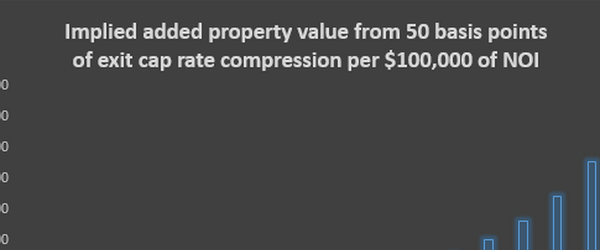With the average home costing anywhere over £200,000 in the UK, it can be quite a challenge to come up with the required deposit and the closing costs to purchase your first investment property.
It’s important to know that the stamp duty and transfer fees, as well as the adjustments for water rates, council rates and other annual levies are all amounts that you cannot borrow for when purchasing a property – meaning that you will need additional cash or borrowings against the equity in an existing property to fund these costs.
As to how much cash you will need, it can depend a bit based on your strategy. You will need at least 5% of the purchase price for a loan with a 95% Loan to Value (LTV), although some lenders will only lend to 90% on or even less for residential investment properties. This means roughly £22,000+ for a 95% lend, depending on the property.
Based on our average property prices above, you will require an additional sum to cover the closing costs (stamp duty, transfer fees, etc) for the purchase as well, bringing the total higher than just the initial deposit amount, depending on the type of property that you will be purchasing and where it is located.
Where do I get the money to get started?
Apart from the obvious answer of spending less than you earn and saving up the required deposit, there are other ways of obtaining the funds required to purchase your first investment property.
If you own the house that you live in and have owned it for a number of years, there’s probably a large chunk of equity in the property that you’ve built up, through both paying down the loan and the increase in value of your home.
Refinancing the family home to unlock equity and reborrowing is a common way that “mum and dad” investors use to finance the purchase of their first investment property. Your bank or mortgage broker can assist with this process.
IMPORTANT TIP: Make sure that your loans are not cross collateralised. If they are, it means that they can go after all of the linked assets to repay the debts – in other words, you could lose your family home if something goes wrong with your investment property.




































Comments